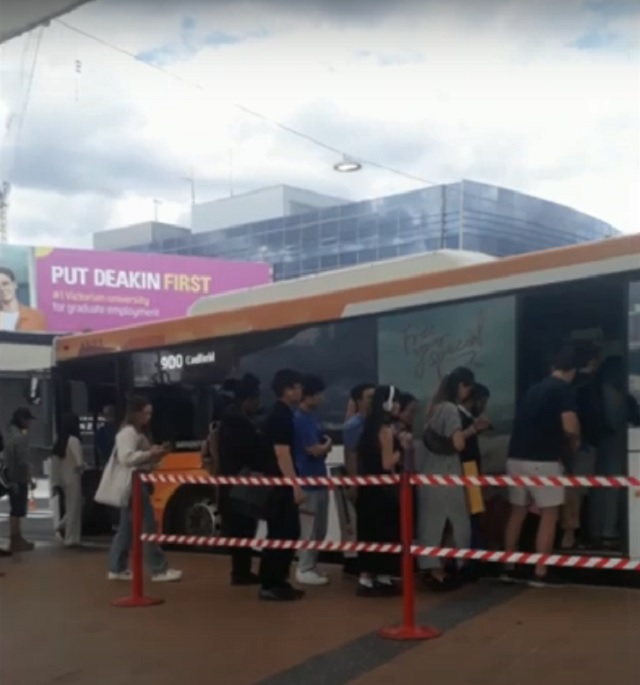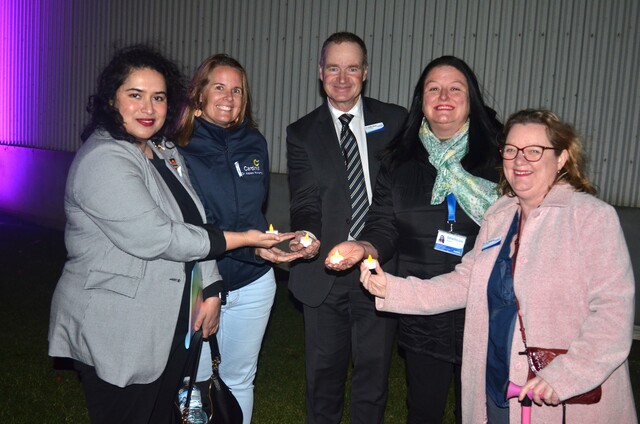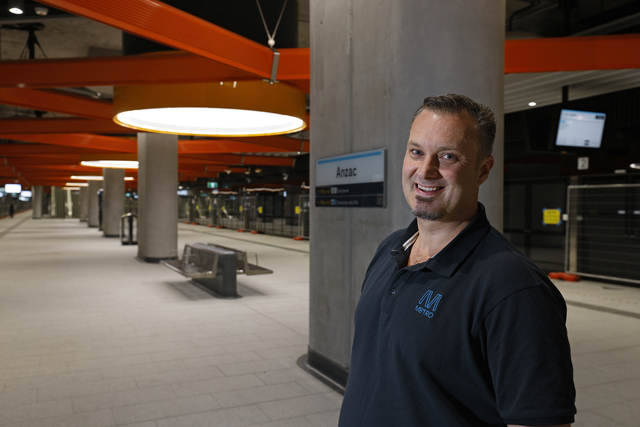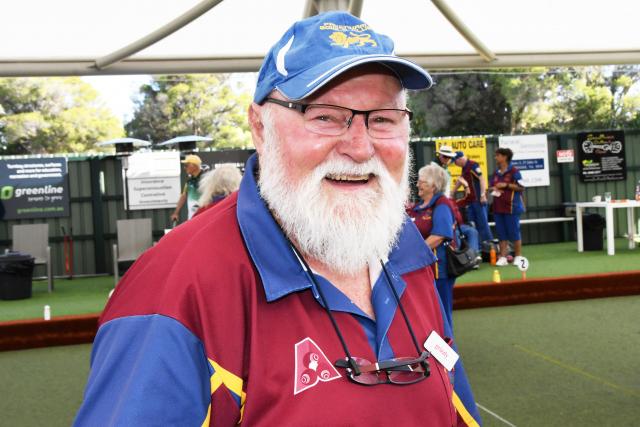Commuter groups are calling for fixes to bus blackspots in Chadstone, Keysborough, Dandenong South and Endeavour Hills on the back of a research report released last week.
Infrastructure Victoria’s report calls for faster and more frequent services with longer hours and better links to major centres and train stations. It would cut road congestion and emissions and improve social equity, IV argues.
“The bus network has not kept up with the changes across Melbourne’s suburban activity centres such as extended retail operating hours and more compact housing and mixed-use developments.”
Among the recommendations are:
– More direct links between Endeavour Hills and other activity centres
– More weekend services for the route 800 between Dandenong and Chadstone – one of Melbourne’s busiest bus routes but with no Sunday services.
– Buses into Dandenong South’s job-rich precinct, including links to Casey-Cardinia growth corridor and Keysborough.
The report modelled 10 new Bus Rapid transport corridors, such as Dandenong South-Ringwood and Endeavour Hills-Southland.
For an estimated $4 billion capital cost, Bus Rapid would provide $2.60 in benefits for every dollar – including shorter travel times, health benefits and less need to purchase cars.
It would also “significantly expand access” to industrial areas like Dandenong South, and provide more jobs within 45 minutes for residents in Keysborough, Lyndhurst and Dingley.
The report also modelled tripling bus service hours, particularly to Dandenong South, Keysborough, Casey-Cardinia growth area estates and train lines.
According to the report, it would lead to 40 per cent more bus boardings in Casey and 150 per cent more in Cardinia.
Cheaper bus fares was also flagged – with a 19 per cent rise in boardings per $1 fare reduction.
Public Transport Users Association spokesperson Daniel Bowen said Melbourne’s South East was in “dire need” of better public transport options.
“For some journeys the train can be used, but for many people who live too far from a station, or are making trips not served by rail, the only current option is to drive.
“A shake-up of routes, and more services, not just on weekdays but also on weekends, would help provide people with more options.”
Mr Bowen said Route 800 was a “particular example of where the timetable has not caught up with travel demand”.
“For a significant bus route serving a major destination like Chadstone, it’s just incredible that it runs so infrequently on Saturdays, and not at all on Sundays.”
An advocacy website Fix 800 Bus elevated the issue during the recent Mulgrave by-election.
Its author Peter Parker – a former transport planner – said four of the top seven busiest bus routes were in Dandenong despite the infrequent or absent weekend service.
“Due to the cost of living issues in Greater Dandenong, people will put up with quite bad service.”
He said the 800’s timetable had not been restored since dramatic cuts in 1991.
It didn’t keep up with changes such as the rise in weekend employment and population growth.
In the Mulgrave by-election, a vast majority of candidates publicly backed more Route 800 weekend bus services. The elected Labor MP Eden Foster was however conspicuously silent.
With the seat no longer considered safe, Mr Parker hopes the adage there’s no votes in buses doesn’t apply any more.
“Some of the lower-income votes who depend on buses might have a view that they have been neglected.
“Buses haven’t been seen as sexy and spectacular but the closest public transport to most people is a bus.”
Greater Dandenong Council has long lobbied for better bus links to Dandenong South’s employment cluster. In 2021, it labelled the area’s public transport system as “woefully under-serviced”.
It called for better links with Dandenong South, Monash University, Noble Park, Springvale South, Keysborough and Hampton Park.
The council identified several inefficiencies, such as lack of intersection priority, long wait times for connecting services, and long idling at timing points.
A State Government spokesperson said it was focused on reforming the bus network with Victoria’s Bus Plan. The Infrastructure Victoria research supports that work, it stated.
“Through a range of initiatives including improving existing routes, adding new bus routes and supporting a transition to zero-emissions buses, we are making sure buses play a stronger role in a transport network critical to growing a more liveable and more connected Victoria.”
Since unveiling the Bus Plan in 2021, more than 200 routes were improved or added – such as a new bus Route 816 from Keysborough South-Noble Park station.
In June 2023, Route 863 between Endeavour Hills and Hampton Park was extended to Cranbourne West Shopping Village and linked to several Casey train stations.
Opposition public transport spokesperson Matthew Guy said the IV report’s Rapid Bus initiative was much better value-for-money than the Suburban Rail Loop.
“Labor’s own infrastructure adviser has joined the deafening chorus of expert opinion that connecting suburban activity areas can be better done by other modes of transport, without spending up to $200 billion that Victoria does not have.
“What’s clear is that a rail line from Cheltenham to Box Hill will not have anywhere near the same economic return as rapid bus transit. Building the SRL now will mean Metro 2 can’t be built, it means that big regional rail projects like Geelong Fast Rail have stalled and it means Melbourne won’t get an airport rail.”







